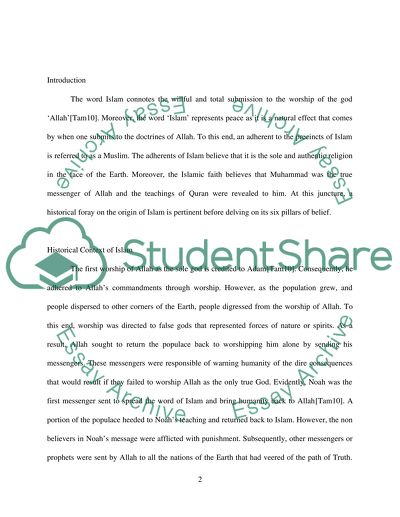Cite this document
(“Islam Essay Example | Topics and Well Written Essays - 750 words”, n.d.)
Islam Essay Example | Topics and Well Written Essays - 750 words. Retrieved from https://studentshare.org/religion-and-theology/1461234-islam
Islam Essay Example | Topics and Well Written Essays - 750 words. Retrieved from https://studentshare.org/religion-and-theology/1461234-islam
(Islam Essay Example | Topics and Well Written Essays - 750 Words)
Islam Essay Example | Topics and Well Written Essays - 750 Words. https://studentshare.org/religion-and-theology/1461234-islam.
Islam Essay Example | Topics and Well Written Essays - 750 Words. https://studentshare.org/religion-and-theology/1461234-islam.
“Islam Essay Example | Topics and Well Written Essays - 750 Words”, n.d. https://studentshare.org/religion-and-theology/1461234-islam.


